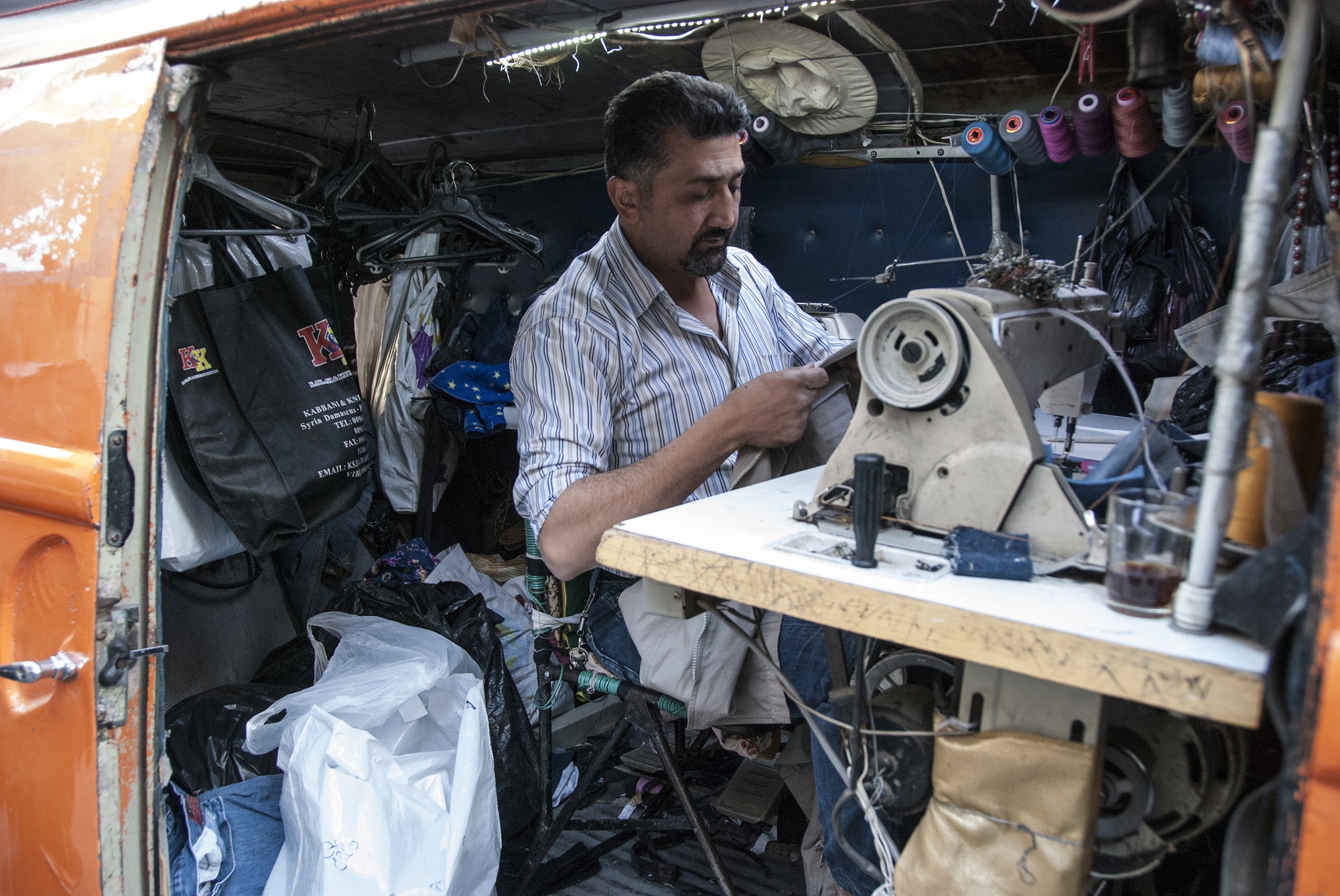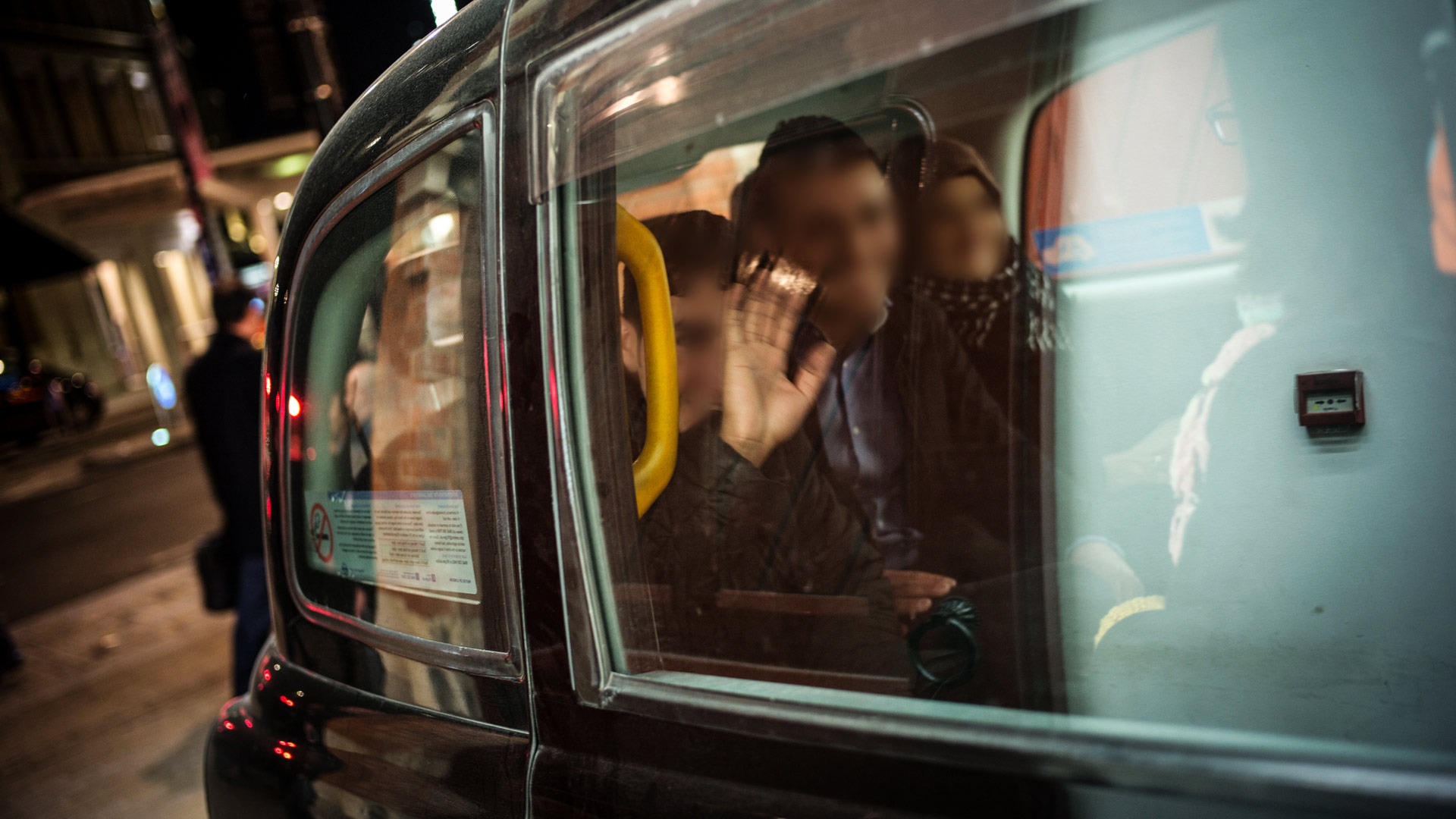Small loans for vulnerable groups in Ecuador
Small loans for vulnerable groups in Ecuador

ESMERALDAS, Ecuador, April 11 (UNHCR) - The UN refugee agency is supporting a micro-credit project in Ecuador to help vulnerable refugees break out of poverty and exploitation.
Over the last year, UNHCR has been working with several organizations to set up self-reliance programmes for needy Colombian refugees and their hosts in Ecuador, which is home to the largest number of refugees in Latin America. Of the 53,342 recognized refugees, 73 per cent are women and children.
Luis Varese, the UNHCR deputy representative in Ecuador, said the refugee agency "supports income-generating projects that benefit Colombian and Ecuadorean women, especially those who are often subject to discrimination, in order to give them a different alternative."
Sex workers are among those vulnerable groups. According to studies done by several UN agencies, non-governmental organizations and the Ecuadorean Ministry of Health, nearly half of the Colombian refugee women who are sex workers in Ecuador's northern border were not in the trade back in their homeland.
Some women do not have other options because job opportunities are limited or because they do not meet the requirements. Others need a second job to support their families.
Mariana* was a salesperson in Colombia when her husband was killed by members of an irregular armed group. She received death threats and decided to flee to neighbouring Ecuador, leaving her three children with their grandmother.
She arrived in Ecuador in 2007, in the northern town of Ibarra near the border. Unable to find work without an Ecuadorean identity document, she decided to become a commercial sex worker, a legal profession in the country.
"It was very difficult for me to take that decision; it was very hard in the beginning," she said. "I also suffered harassment in Ecuador and many people thought I was a criminal."
Several years later, Mariana moved to Esmeraldas, a border town on the Pacific coast, where she received refugee status. But it was still a struggle to get services, such as opening a bank account. "When I told the bank representative that I am a refugee and a sex worker, my application was denied," she said.
Recognizing the problem, UNHCR worked with 21 de Septiembre, an association to promote the human rights of sex workers. Its representative, Pilar Pallares, saw the need to create a credit institution when she saw friends who could not work any more because of their age and because they became sick with sexually transmitted infections.
With legal advice and funds from UNHCR, the association set up an organization to provide financial services to sex workers and their families in Esmeraldas' refugee and host communities.
Last year, 19 women each received an average credit of US$300. Mariana is one of them, and is using her loan to start a small business selling silver jewellery. "I want my sons to come, I also want to have some extra money for any health emergency," she said.
So far, there has been no delinquency in the loans. "It is our goal to strengthen the institution," said Pallares. "During 2011, we would like to offer loans to more partners. We motivate them to save some money, and we talk with them about the importance of self-esteem. With newcomers, we also discuss the refugee process."
The association is also engaged in education initiatives that promote sexual and reproductive rights for sex workers, which are also targeted at the owners of night clubs.
Asked what the loan meant to her, Mariana said, "I hope in the near future to leave this life behind."
* Name changed for protection reasons
By Andrea Durango in Esmeraldas, Ecuador









